The Power of a Nutritious Breakfast
One of the most well known statements when it comes to nutrition is that breakfast is the most important meal of the day, but is this true? Studies have shown that there is an association between breakfast consumption and a lower risk of weight gain, obesity, type 2 diabetes, and cardiovascular disease. Of course there are many other factors that influence these risks, but there are many health benefits that come from a balanced breakfast, such as setting the tone to make healthy nutrition habits and feeling energized for the day. Keep reading to see how you could benefit from a nutritious breakfast.
The Science Behind Breakfast
We’ve all heard how important breakfast is, but where did this idea come from? If you look at the name, breakfast broken down translates to breaking the fast. When we sleep, our body works to digest the food from the night before. In the morning, our blood glucose levels are typically lower than usual after not eating for a stretch of time. Breakfast helps to replenish the glucose that the body needs in order to fuel our muscles and brain.
Without a balanced breakfast, we may start the day feeling less energized. Skipping the morning meal may also lead to feeling overly hungry later in the day, causing overeating at lunch or reaching for snacks that may not be very nutritious. Additionally, the body has a circadian rhythm, a natural cycle that tells you when to sleep or eat. Incorporating a balanced breakfast as part of your morning routine can help put your body on track for a routine eating schedule. This can improve feelings of fullness and satisfaction with food and decrease snacking throughout the day or eating late at night. Even starting the day with something small can help to establish a routine.
The Benefits of a Nutritious Breakfast
Many studies have shown that having a daily balanced breakfast is associated with a lower risk of cardiovascular diseases, type 2 diabetes mellitus, obesity, hypertension, strokes, metabolic syndrome, and low high-density lipoprotein cholesterolemia. In some studies, consuming compared to skipping breakfast was shown to increase glucose and insulin responses throughout the day. It also can increase the likelihood of meeting our daily nutrient requirements as well as suggested fruit and vegetable intake.
Including a balanced breakfast can also help to increase levels of fullness throughout the day, which can prevent snacking and overeating, which can promote a healthy weight as well as a positive relationship with food.
What Makes a Nutritious Breakfast?
What we eat for breakfast is just as important as making it a part of your daily routine. To get the most out of your breakfast, try including fiber, protein, and fruits and vegetables. The combination of these different food groups will keep you feeling energized and full throughout the day.
Fiber is important because it helps us to feel full throughout the day, it also can prevent spikes in blood sugar. If you’re having cereal for breakfast, try choosing an option that is high in fiber. Studies have shown that higher cereal fiber intake was associated with a reduced risk of type 2 diabetes. Fiber rich sources include fruits, vegetables, and whole grain such as oats and whole wheat bread.
It’s also beneficial to incorporate lean protein, such as eggs, cottage cheese, or Greek yogurt. If you’re having cereal with milk for breakfast, try choosing low fat milk options or plant based milk that’s fortified with additional nutrients such as calcium and vitamin D. Adding protein to your breakfast will help you to feel satisfied with your meal, helping to limit the desire to snack throughout the day.

Breakfast Meal Ideas
Usually, there isn’t a lot of time in the morning to prepare food, so having convenient food options on hand is key to incorporating a daily breakfast. These meal ideas incorporate fiber and protein to provide a nutritious and well balanced breakfast.
- Scrambled eggs with spinach and a slice of whole wheat toast
- Poached eggs and avocado toast
- Hard boiled eggs and a piece of fruit for when you’re on the go
- Overnight oats made with Greek yogurt, berries, chia seeds, and nut butter
- Greek yogurt with oats, berries, and flax seeds
- A smoothie with low fat milk, berries, nut butter, and chia seeds (can add protein powder for additional protein)
- Chia pudding made with Greek yogurt, berries, and walnuts
- Cottage cheese with berries and honey
- Toast with cottage cheese and tomatoes
You can take inspiration from these recipe ideas and modify them to fit your preferences. Remember you can start small if you’re starting to incorporate breakfast for the first time. You can have quick options available like fruit and granola bars, or try preparing food the night before like hard boiled eggs or overnight oats.

Want to Learn More?
There are many different health benefits to breakfast and it’s important to find what works best for you so that you can make it a part of your daily routine. Breakfast being the most important meal of the day is a common phrase, but it’s just as important to incorporate good nutrition habits throughout the whole day.
For more guidance incorporating a balanced breakfast or practicing good nutrition habits, contact to set up a consultation!
Jalpa Sheth Nutrition & Wellness, LLC is a nutrition based private practice serving NY, NJ and coming soon FL. Our board certified registered dietitians can be instrumental in helping you attain optimized nutrition to help achieve your goals around health, fitness, sports, and/or mere weight management.
Related Articles:




 er hand, lack one or more amino acids. Essential amino acids are ones that the body cannot create on its own and must obtain from food sources. Amino acids aid in muscle growth and repair, enzyme and hormone production, and immune and cell function and it’s important that we obtain all of them from our diet.
er hand, lack one or more amino acids. Essential amino acids are ones that the body cannot create on its own and must obtain from food sources. Amino acids aid in muscle growth and repair, enzyme and hormone production, and immune and cell function and it’s important that we obtain all of them from our diet. ds, it just means finding a way to enjoy them in moderation. For example, if you love pasta, try having a smaller serving of
ds, it just means finding a way to enjoy them in moderation. For example, if you love pasta, try having a smaller serving of 



 Enjoy the Holidays
Enjoy the Holidays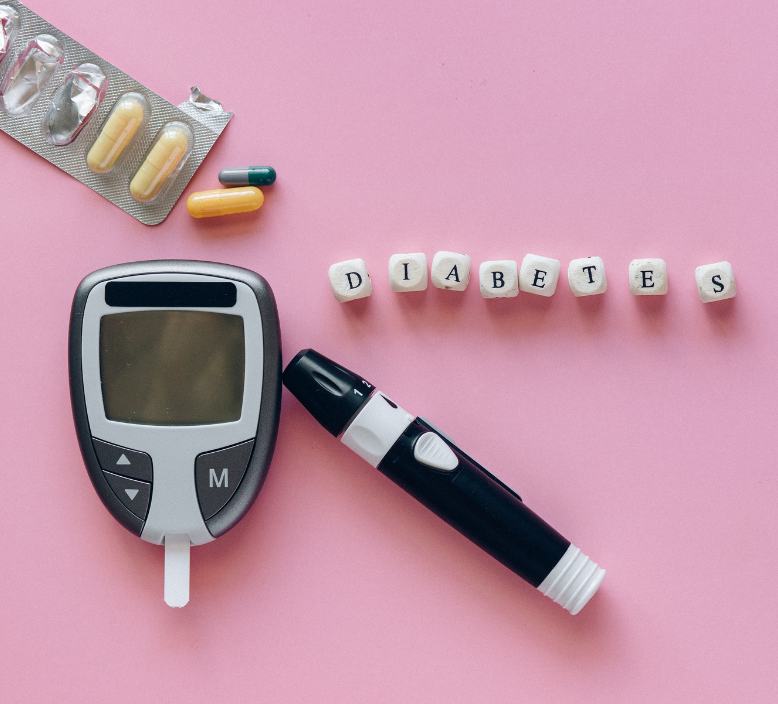
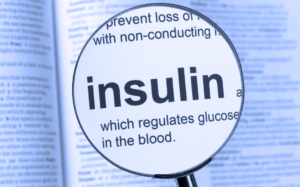
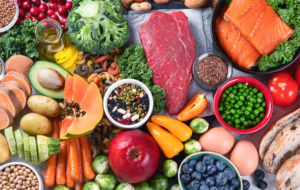

 Cope with Your Emotions without Using Food
Cope with Your Emotions without Using Food

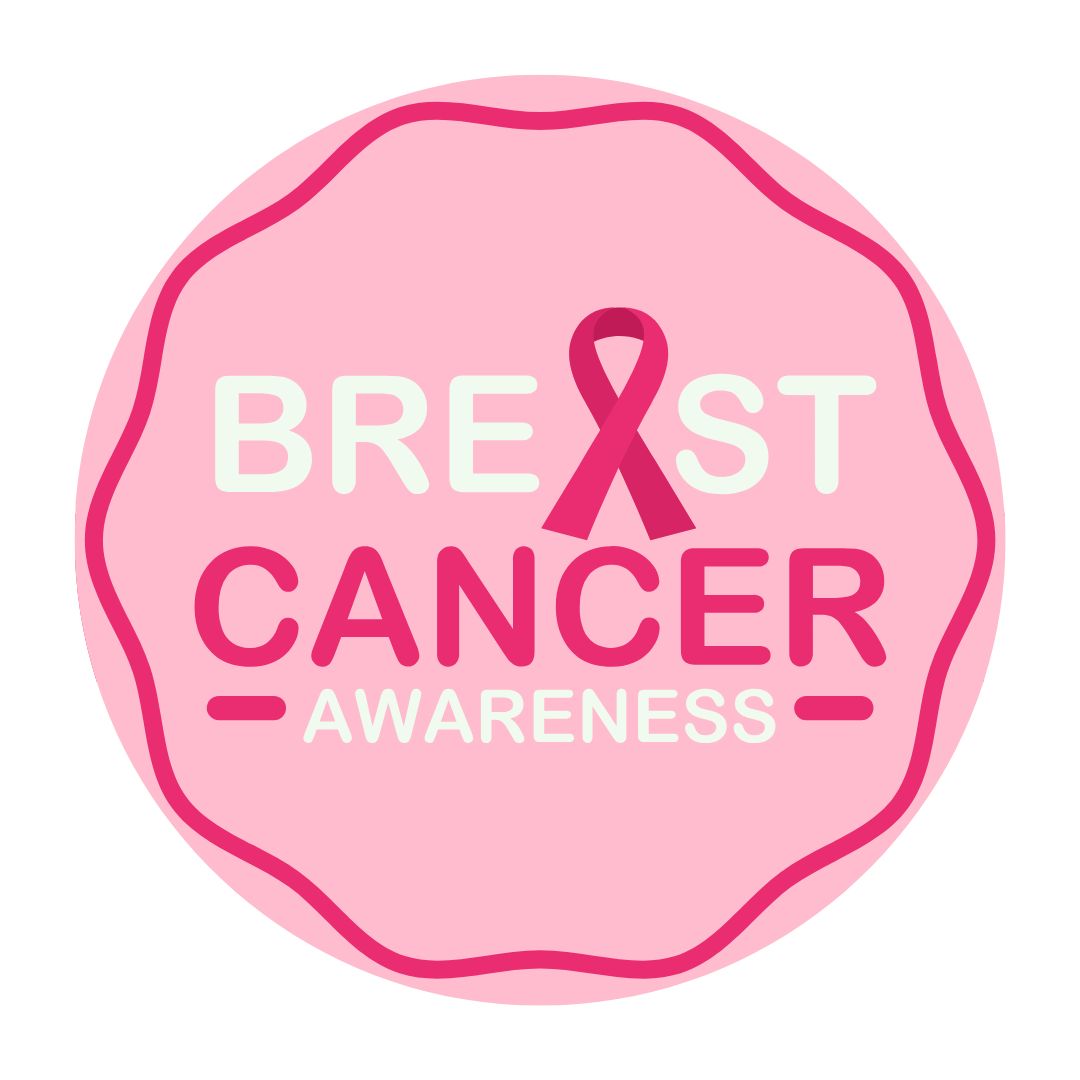





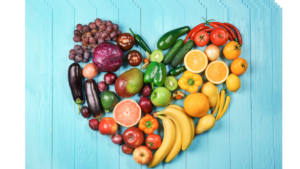
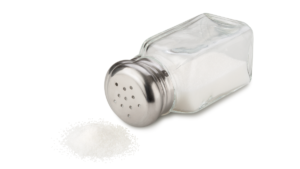 Watching sodium intake is essential nutrition hack for men’s heart health, as excessive sodium consumption can contribute to high blood pressure and increase the risk of heart disease. Here are some practical tips to help Dad monitor and reduce his sodium intake:
Watching sodium intake is essential nutrition hack for men’s heart health, as excessive sodium consumption can contribute to high blood pressure and increase the risk of heart disease. Here are some practical tips to help Dad monitor and reduce his sodium intake:


